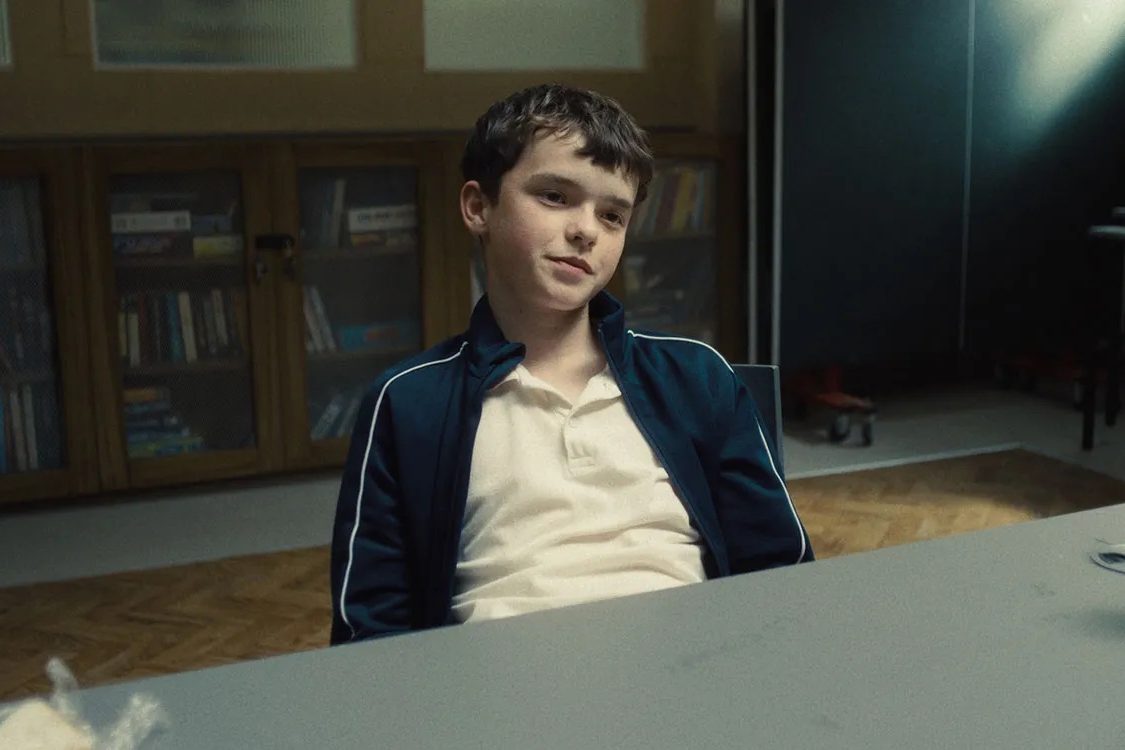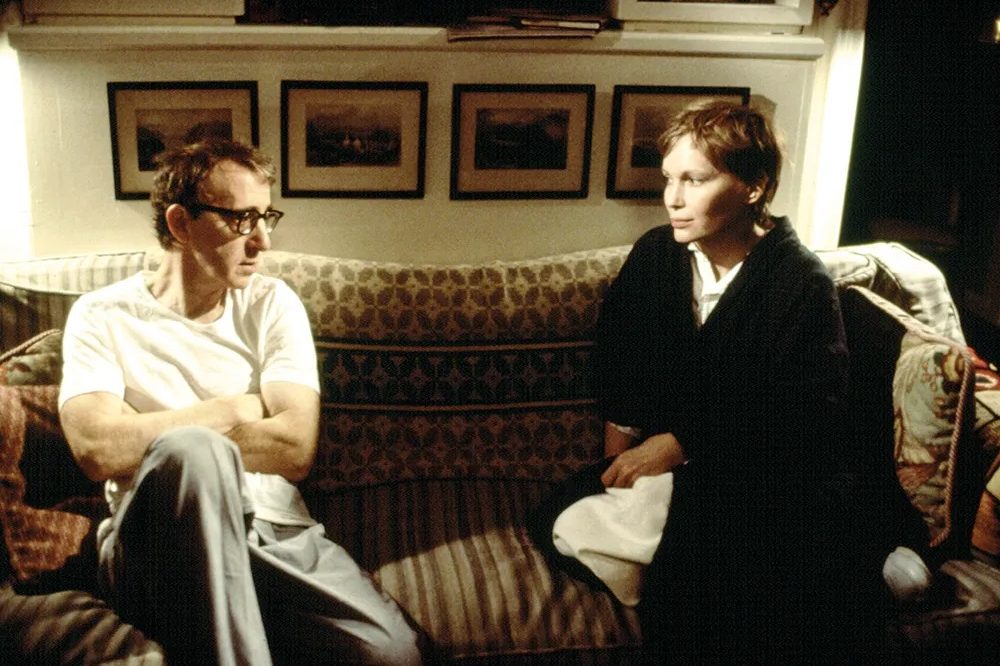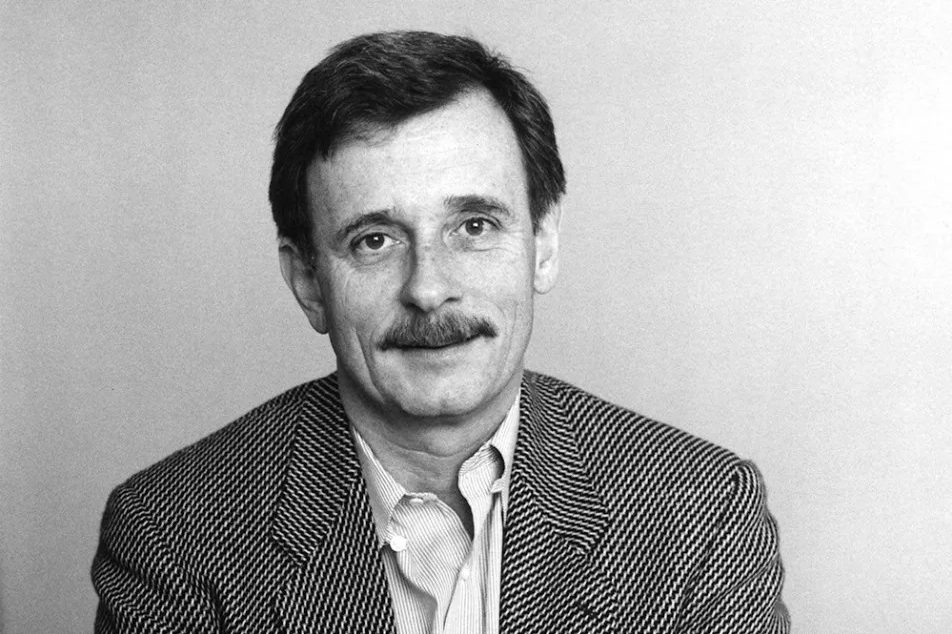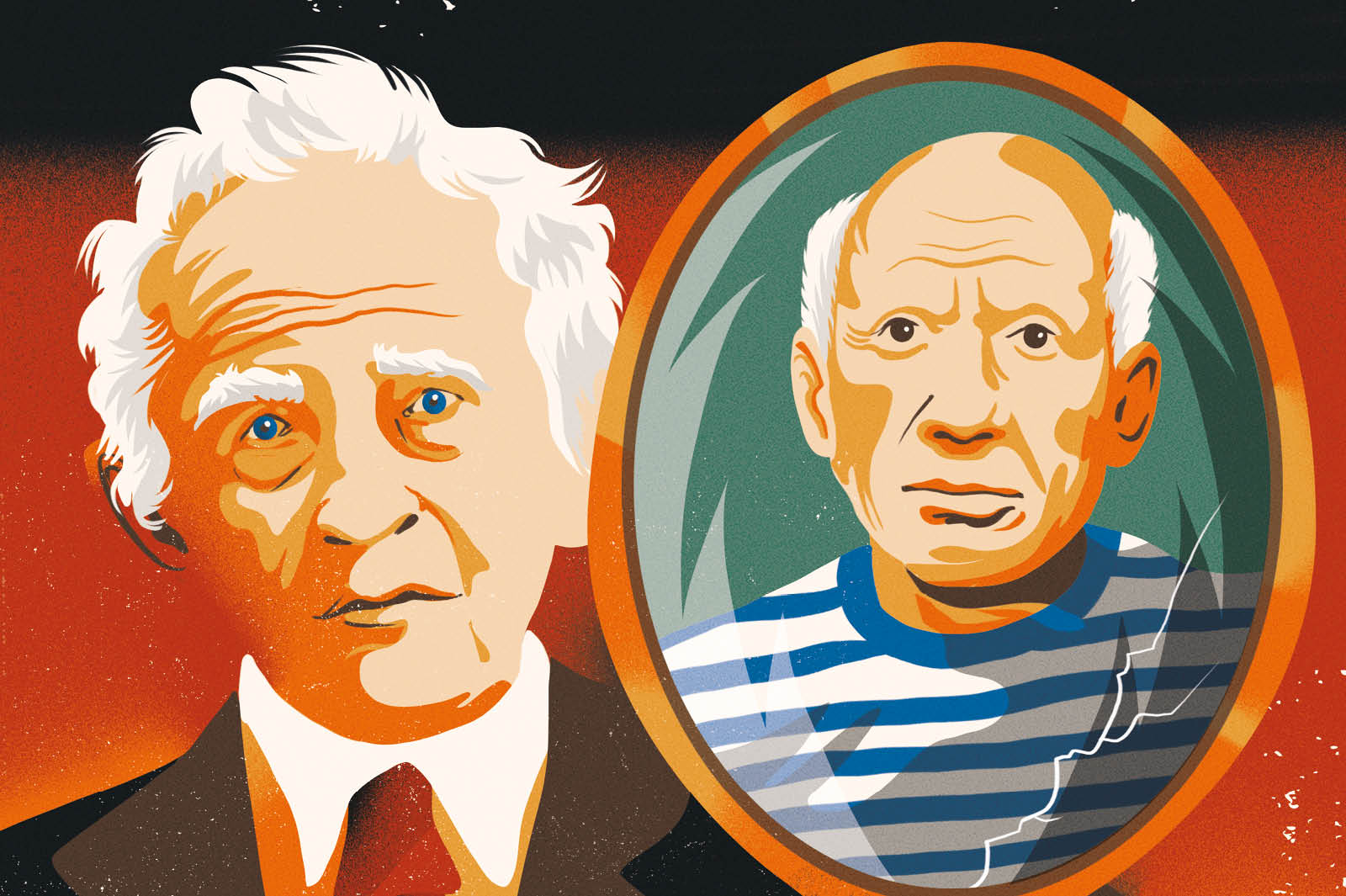The recent Golden Globe awards saw the Hulu miniseries Pam & Tommy, a fictionalized account of the theft of Pamela Anderson and Tommy Lee’s notorious sex tape, lose out to The White Lotus. It wasn’t much of a surprise. Whether or not you thought the second series of The White Lotus was a worthy successor to the first, it was still much-discussed water-cooler television in a way that Pam & Tommy simply wasn’t.
Yet perhaps there was another consideration at play. 2023 marks the grand return of Pamela Anderson — if, of course, she ever went away. She refused to cooperate with the production of the miniseries, and it’s now clear she didn’t want it to interfere with her own ambitions. She’s publishing a new memoir, Love, Pamela, and following in the footsteps of Harry and Meghan with her own revelatory Netflix series, Pamela, A Love Story. They both promise to be no-holds-barred storytelling: the existence of Love, Pamela ignores the earlier publication of her previous memoirs, 1997’s Pandemonium and 2015’s Raw. However, Anderson knows that if a story’s worth telling, it’s worth telling thrice. And no doubt Love, Pamela will be a bestseller.
If Pamela Anderson had not existed, it would have been necessary to invent her. And in a sense, that is what happened. She has drawn comparisons to Marilyn Monroe throughout her career, although less for her acting ability than for being one of the most enduring and iconic glamor models of the past half-century.
Anderson has appeared on the front cover of Playboy magazine fifteen times, more than anybody else, and has become synonymous with a kind of wholesome, all-American sex appeal, from her appearances on the television show Baywatch to the apparently harmless titillation of B-movies such as Naked Souls and Raw Justice. She appeared in a pivotal cameo in the film Borat, has had a suitably eventful personal life that has seen her married no fewer than five times (twice more than Monroe, but then Marilyn died at 36) and has established herself as an iconic figure without most people ever knowing a great deal about the “real” Pamela Anderson.
This, presumably, is about to change. It will be fascinating to see how far she takes her intellectual interests in both the show and the book. A noted admirer of Carl Jung, Anderson has previously said, “Even as a kid, I read Jung’s Reflections and Individuation in Fairy Tales; all the inner circle of Jung was a real huge thing for me.” And to have maintained a career for several decades at the high end of fame is a truly impressive achievement that suggests she is anything but a dumb blonde. She has used her influence to support campaigns that she believes in, from animal rights to being a spokesperson for anti-pornography campaigns. She continues to argue that Julian Assange is a much-misunderstood free speech martyr, an opinion that is unlikely to be shared by all, but is at least wholly her own.
Anderson has spoken out in the past about everything from her childhood sexual abuse to her support for France’s gilets jaunes movement. She is unafraid to embroil herself in controversy, no doubt because she feels she no longer needs to impress or ingratiate herself with anyone. Some might find this latest onslaught of self-publicity too much; others will think it bold and refreshing. Either way, she remains an American icon — even if she was born in Canada, where she now resides again — and one cannot blame her for not wishing to participate in Pam and Tommy.
Pamela Anderson has proved that truth — her truth — is considerably wilder and more engaging than the fictionalized version. Expect her to continue to thrill us for years to come.

























